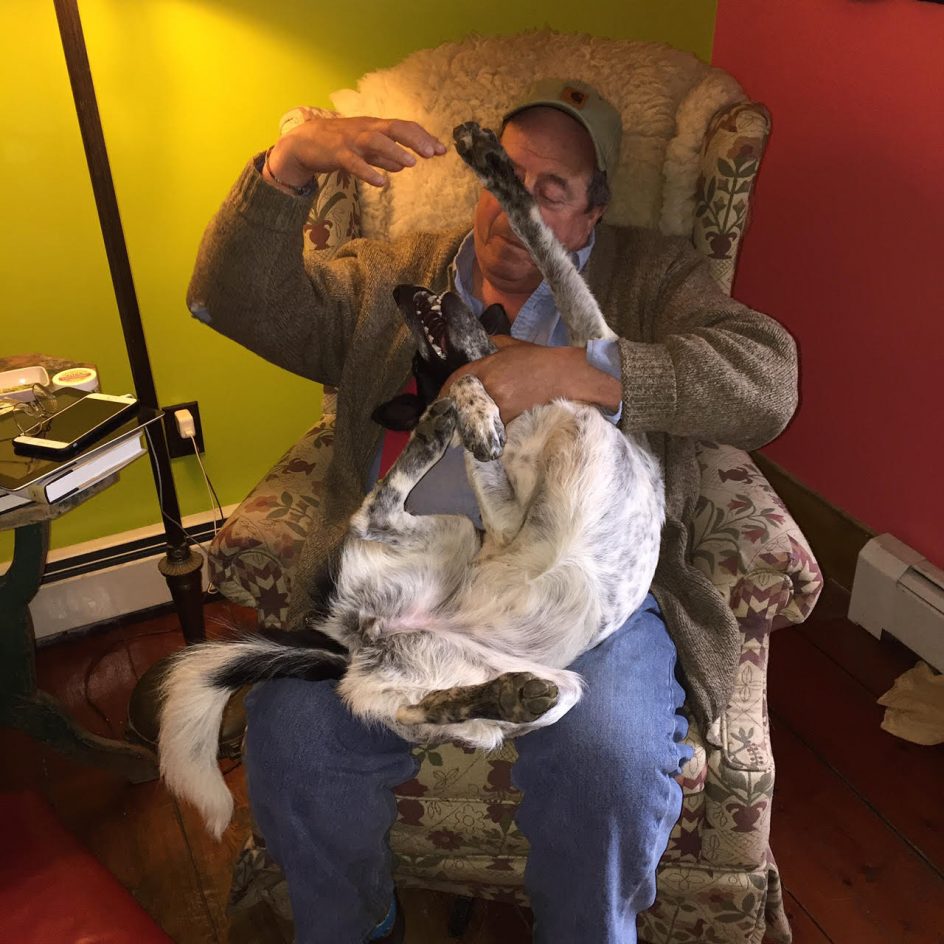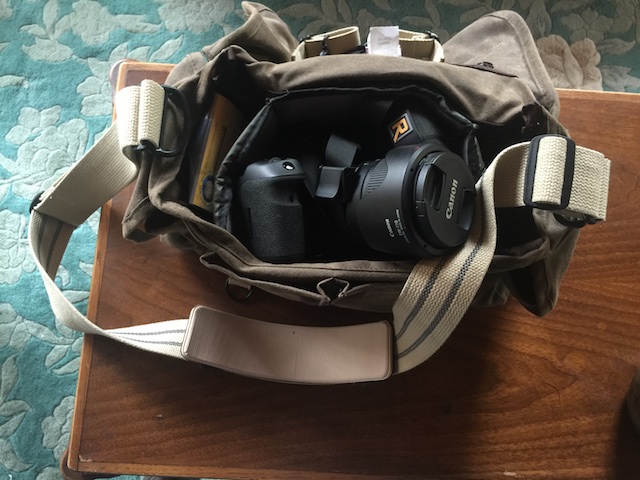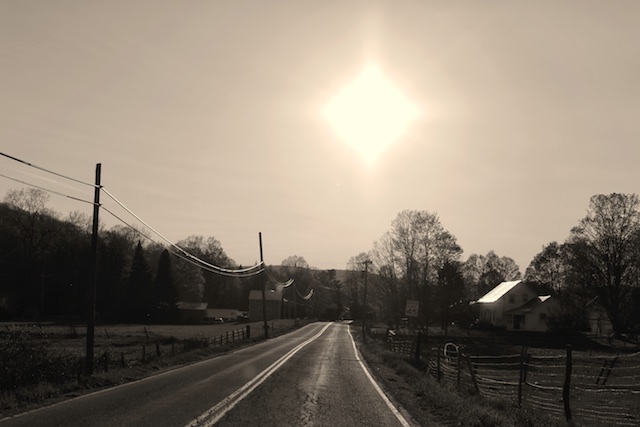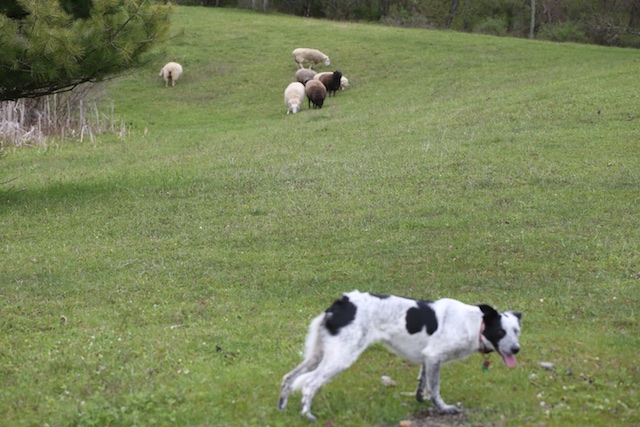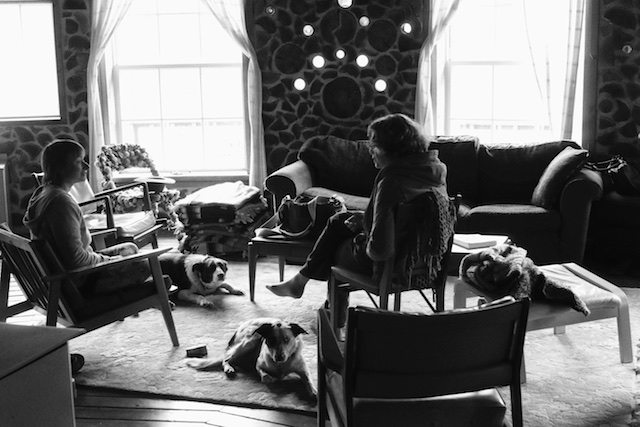
Today, Eve Marko, a close friend and Zen teacher, came to visit us, we went to Pompanuck Farms planning to have a meditation day, but it turned out to be an even more meaningful and beautiful day, we had lunch, we walked outside, we talked and talked, and listened and listened and shared and shared.
The dogs entered in the spirit of things, Fate chewed on her bones, raced around outside (she only got into the compost heap once) and kissed everyone on the nose at least once. Red sat quietly by.
We only meditated for a short while, but our talks were a kind of meditation all of their own. Eve is a precious friend.
Conversations like this are wonderful and rare, especially in so beautiful and comfortable a space, and Maria and I both felt them deeply and appreciated them so much. We talked about the day all the way home, and are talking about it still.
Eve is a remarkable person, a wonderful teacher, animal lover, a deep and committed friend, she has a wonderful blog.
She shares her life there, authentically and beautifully. These says, she is often sharing the experience of coping with the illness and recovery of her husband Bernie, also a well-known Buddhist scholar and teacher. They live in Massachusetts, about two hours from us. He had a stroke a month or so ago. To me, Eve’s writing reminds me of Joan Didion, she has great depth of feeling and perspective.
We talked much of the day about letting go, an idea I have struggled with for much of my life and am only now beginning to grasp. Letting go is important, I know that. I think that before I can live, a part of me has to die. Sometimes more than once. When I let go of what I am, I become what I might be, said one philosopher.
Maria is very much at ease with Eve, she can be shy, but she and Eve have a connection you can almost touch, they talked for hours and could have talked much more about life, family, peace of mind.
We also talked throughout the day about the idea of letting go. Eve said as we get older, it is more and more important to grasp the idea that life is so much bigger than we are, we cannot control life and death, it controls us. Letting go as essential to my growth and evolution. I first heard a version of this idea from the Rev. Billy Graham, who told me to never speak poorly of my life or lament it – politics will always be troubling, taxes will always eventually go up, as will the cost of gas and food.
Eve believes it is possible to learn at any point in life, never more so than when we age, even when we die.
I let go of my mistakes. And of the hurts and cruelty of others. I let go of my reluctance to ask for help or receive it, to show my vulnerability, to hide the true nature of my life and being. I let go of the dumb things that I have done, the people I have hurt, the mistakes I have made, the times I feel used.
I let go being fearful of life, for what, really is the point? I have always feared the wrong things, the things I feared the most have never occurred, the most fearful things I have experienced are things I never once thought of. Fear was one of the first things I let go of. Anger is another, arguing my life, the first cousin of anger, yet another.
The things I have let go of have made me lighter, freer, more creative. Letting go is important.
The space in my head is so precious to me, a writer. I will not waste it on fear, anger, regret or hiding any longer. I learn something every day. I change every day. Eve said she was tired of always being strong and independent, she wanted to open up to different ways of thinking about life.
(I love how dogs, given the chance, can enter into the spirit of things. Fate, an active curious creature, sat crunching her bones while we meditated and talk, then systematically greeted each one of us, and went to sleep. Red never once moved.)
Maria and I have been there, we have both changed in ways sometimes unimaginable to us. It is so important to talk about these things and think about them. I think I have let go of a whole world sometimes. There are all kinds of ways to meditate, this one was special.

